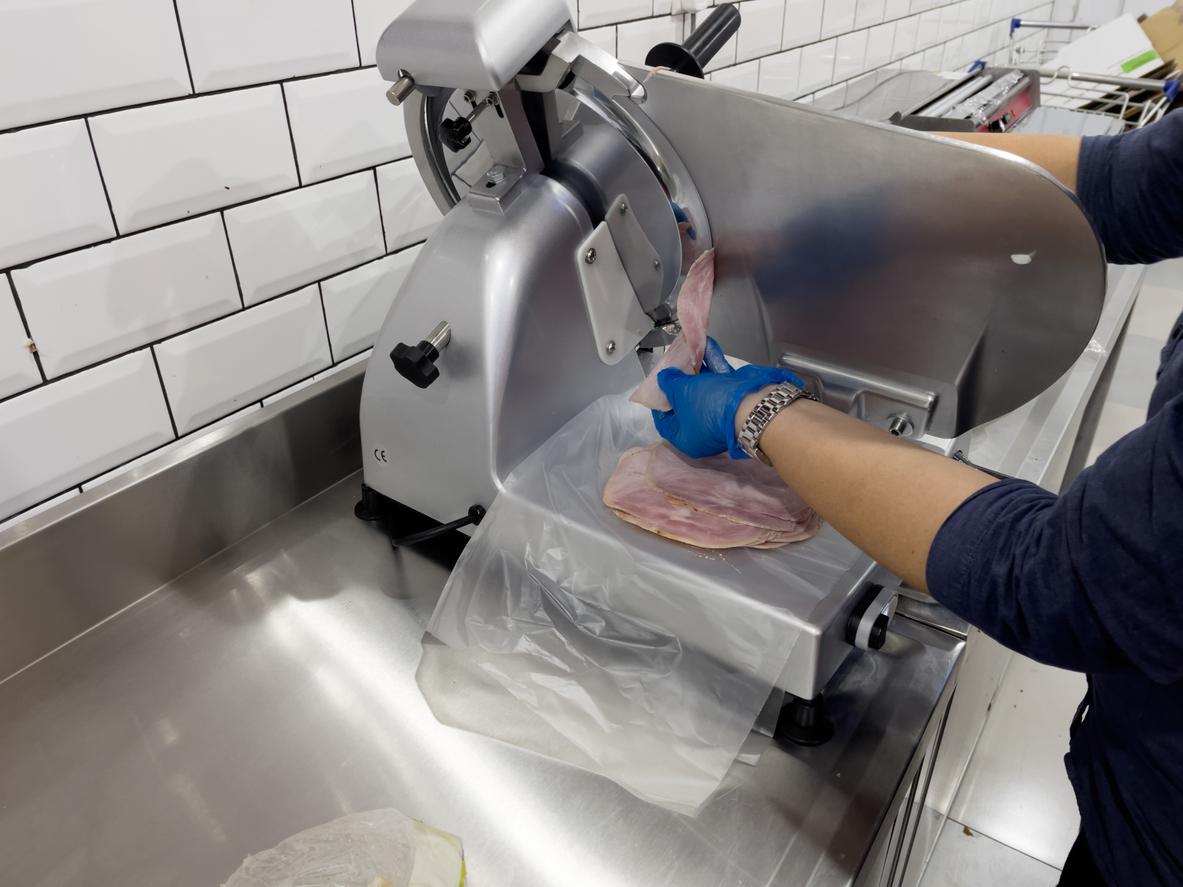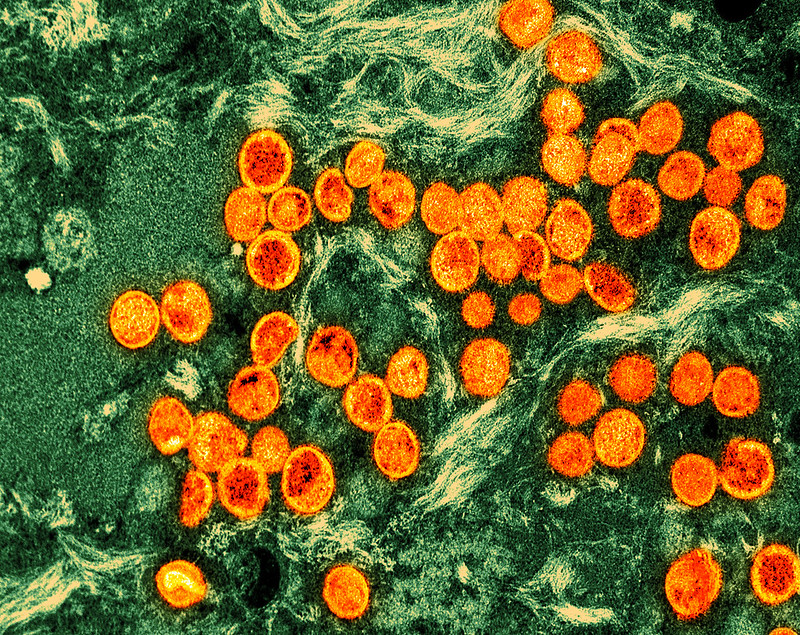
Yesterday, the US Centers for Disease Control and Prevention (CDC) closed its investigation into the multistate Listeria outbreak tied to Boar's Head deli meat after 61 cases and 10 deaths were reported.
The latest report on the 19-state outbreak noted two more cases.
Even when there are no ongoing Listeria outbreaks, people who are pregnant, aged 65 or older, or have a weakened immune system should avoid deli meat.
"This outbreak is over," the CDC said. “Even when there are no ongoing Listeria outbreaks, people who are pregnant, aged 65 or older, or have a weakened immune system should avoid deli meat or reheat it to an internal temperature of 165°F or until steaming hot to kill any germs.”
60 of 61 patients hospitalized
Of the 61 patients in this outbreak, 60 were hospitalized. One pregnant woman was sickened during the outbreak, and her pregnancy continued after she recovered, the CDC said. The average age of case-patients was 68 years, with 49% female and 51% male. Seventy-eight percent were White, 16% were Black, and 3% were Asian.
In investigative interviews, most case-patients reported eating deli meat before becoming ill.
"Of the 48 people able to be interviewed, 45 (94%) reported eating deli meats," the CDC said. "Forty-three of the 45 (96%) reported eating meats sliced at a deli. Of the 44 people who answered if they ate liverwurst, 27 (61%) reported [eating] deli-sliced liverwurst before getting sick and 20 specifically reported Boar's Head brand."
In July, Boar’s Head voluntarily recalled all deli products made at their Jarratt, Virginia, facility, including packaged deli products and ready-to-eat liverwurst products. All products are now past shelf-life.













